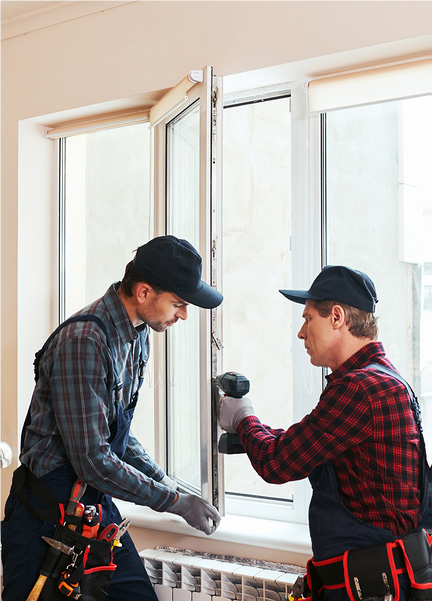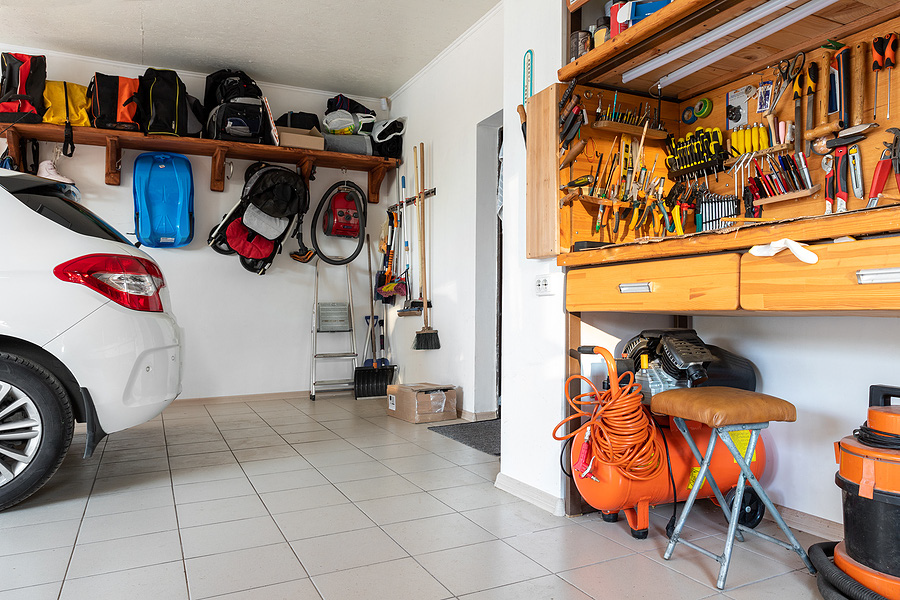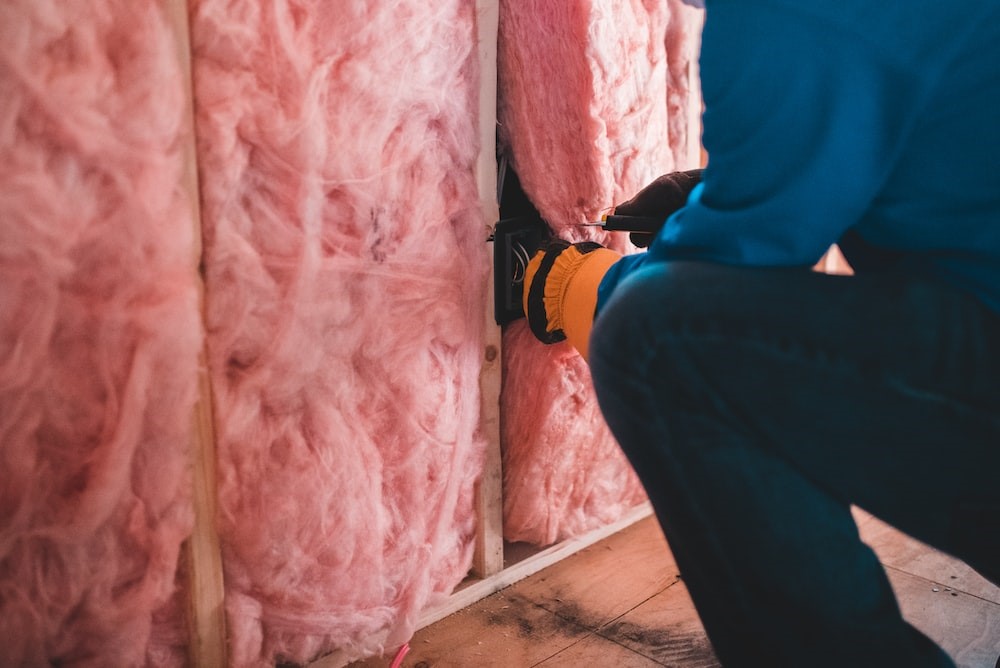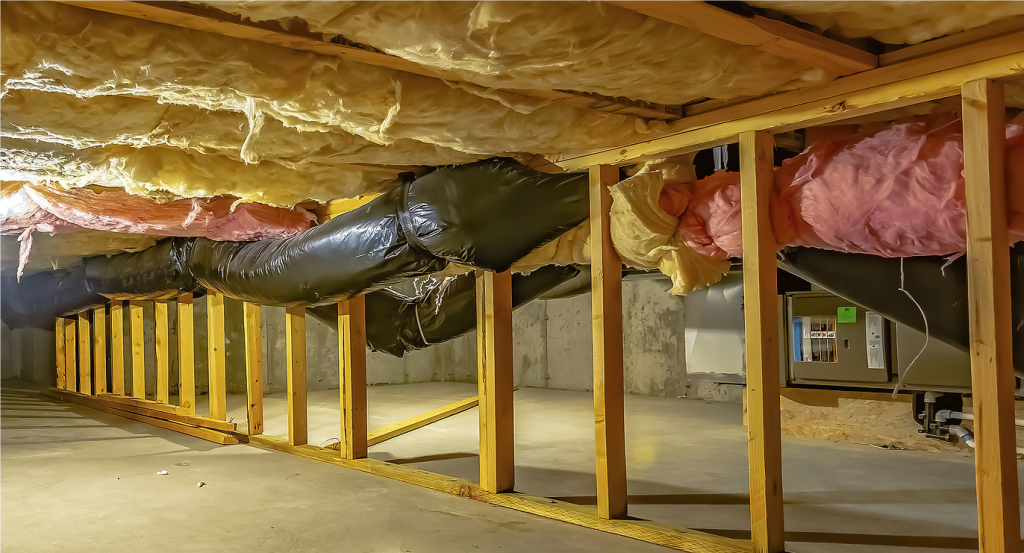Learn how replacing all — or just a few — of your home’s older windows can deliver dramatic improvements.

Windows affect lots of things in your home: heating and cooling costs, maintenance requirements, security, sun exposure for your belongings, and, of course, your view of the outside world.
If your windows are older, now is a great time to consider replacing at least some of them. Use the tips and insights below to help guide your decisions.
The wisdom of replacing old windows
According to the U.S. Department of Energy, if your current windows are the leaky, single-pane models installed before 1980, you can slash your entire household energy expenditures by as much as 15 percent when you switch to double-pane windows with airtight frames. The condensation that occurs with single-pane windows may also contribute to mold and allergy problems.
Many of these new windows are easier to keep clean, better at blocking noise, provide more light, never need to be repainted, and can improve the curb-appeal of your home.
A money-saving suggestion
If money is tight, consider replacing just some of your windows. You could focus your efforts on the rooms you use most often, or on the windows that get the worst weather (usually those facing south and west).
Selecting a style
As tempting as it may be to choose a new window style, most architects recommend sticking with something similar to your current windows.
For example, if your house has double-hung windows (as do the majority of homes built before 1950), the replacements should also be that style. Your Club-authorized contractor will know which windows best enhance your home and can help guide you.
Glass options
Older windows typically have a single pane of glass. Newer windows feature double-pane technology, which means two panes of glass have been sandwiched together, with an air or gas-filled space between them. Double and triple-pane options are far better at blocking noise and retaining heat. The extra cost of triple-pane windows is not worth it for most Northwest homeowners. Those near SeaTac airport may benefit from the additional noise suppression.
Use the U-value rating to compare the energy efficiency of different windows. The lower the value, the better the window is at preventing heat loss.
Glass coatings and tints
Window manufacturers can tint window glass to prevent the sun’s ultra-violet rays from fading and discoloring your belongings. This also saves energy by keeping your living space cooler on hot days.
A less expensive alternative is window film, a tinted polyester sheet professionally applied to the inside of your existing windows. Window film reduces sun damage, glare, and heating costs, and it’s shatter resistant.
Window frame options
The frame around the glass can be made from wood, metal, vinyl, or fiberglass. Some frames feature a wood core that’s been wrapped (or “clad”) in a material that’s more durable and/or easier to maintain, typically vinyl or fiberglass.
Each of these combinations comes with benefits and drawbacks, which means you and your contractor will need to evaluate the maintenance requirements, costs, and durability to determine the best match for your project.
Before the installation
The Club-authorized professionals doing the work will need access to the areas around your windows on both the inside and outside. Be sure bushes and trees are trimmed back (the Club can help you with that, too). Inside, create at least four feet of clear space in front of every window that will be replaced.
Plan for additional work
Once the windows are installed, you may have to hire other contractors to reinstall any vinyl siding around the windows, patch plaster, perform touch-up painting, or do a little light carpentry.
Don’t worry about the old windows
There’s no need to make plans for disposing of your old windows. Club-authorized window contractors will haul your old windows away.
For more information, just call the Club.






